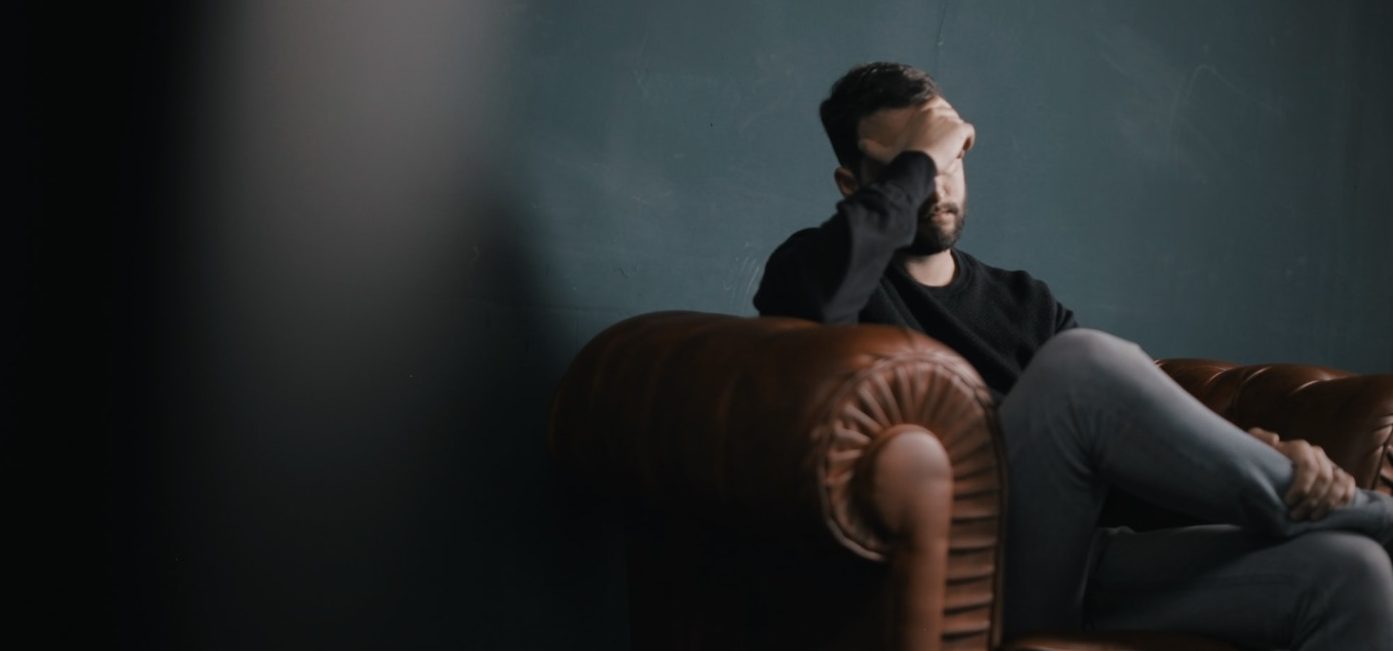Men are victims too: breaking the silence on male sexual assault
With the #MeToo movement having taken over social media in recent years, the dialogue for sexual assault is more alive than ever before. Netflix series like Unbelievable focus on the issues of victim-shaming when it comes to rape investigations and it appears that more than ever victims are encouraged to come forward and not hide behind the fear of being misbelieved. At least, this is the case with women. Only ten percent of men report rape to the police.
Although women are more likely to suffer from depression, men are four times more likely to lose their lives to suicide. The idea that to be truly ‘masculine’ you must maintain a stiff upper-lip and not express your emotions, is extremely dangerous, especially when men experience sexual violence. Crying is a perfectly natural human response. Sadness is a healthy human emotion. These are not exclusive to women. Just as women can be strong, men can be vulnerable. As much as I can only relate to being a female, I can play my part in encouraging the disassembling of these harmful gender tropes.
The idea that to be truly ‘masculine’ you must maintain a stiff upper-lip and not express your emotions, is extremely dangerous, especially when men experience sexual violence
Perhaps it’s the fear of being vulnerable that is imposed on men which prevents them from coming forward and reporting sexual assault. Men are almost always portrayed as the perpetrator, when they too can be the victim, both of sexual assault inflicted by other men and also by women.
Mainstream discussions on sexual assault in the past often only identified men as the attacker, so the idea of males being rape victims was arguably somewhat of a foreign concept. Only in recent years has the subject come to light. The recent conviction of Reynhard Sinaga, a rapist who attacked over 195 men in the UK, demonstrates the urgency of the issue. Dubbed as one of the UK’s worst rapists, he targeted intoxicated young men who were out alone after a night out. It’s not only women who are vulnerable when alone on the streets.
The dividing issue comes from the likelihood of men actually reporting these crimes. In a Coronation Street storyline last year, we saw the character of David Platt become victim to rape by someone he believed was his friend – he was drugged and assaulted. David refuses to accept what happens and is determined to carry on as normal, but the trauma has severe mental and physical consequences for him, as we see his relationship with his girlfriend begin to fall apart. He didn’t dare contemplate exposing that he’d been abused in such a way. And perhaps this is what most men fear: the fear of being judged, misunderstood and ridiculed in a toxic context where men are unarmed with the tools to express their emotions and support one another.
Perhaps this is what most men fear: the fear of being judged, misunderstood and ridiculed in a toxic context where men are unarmed with the tools to express their emotions and support one another
We see the same storyline play out in season two of Thirteen Reasons Why. Anyone who has watched the series will immediately be haunted with the harrowing images of the scene in which Tyler is gang-raped by Monty and his friends. Traumatised and broken, Tyler is pushed to extremes as he takes the gun he had stashed away and turns up at the school dance one night, only to be dissuaded by Clay. Tyler eventually confesses to Clay what happened that day, who eventually encourages him to tell his story as a sexual assault victim and report it to the police. The display of male support and companionship is exemplary of what can be changed when men support other men.
Rape in any case is physically and emotionally traumatising, scarring victims and denying them of their freedom. One thing that can help recover a lost sense of control can be to report sexual abuse, which is why we must encourage male rape victims to seek justice for the crimes against their own body. In the space of ten years, offences reported to the police by men and boys have increased by almost 10,000. We have only just begun to see the effects of raising awareness of sexual violence. The conversation must continue.
If you have been affected by the sensitive nature of this article, you may find it helpful to get in touch with the Wellbeing Support Services at Warwick or the visit the NHS website for further information or support.

Comments